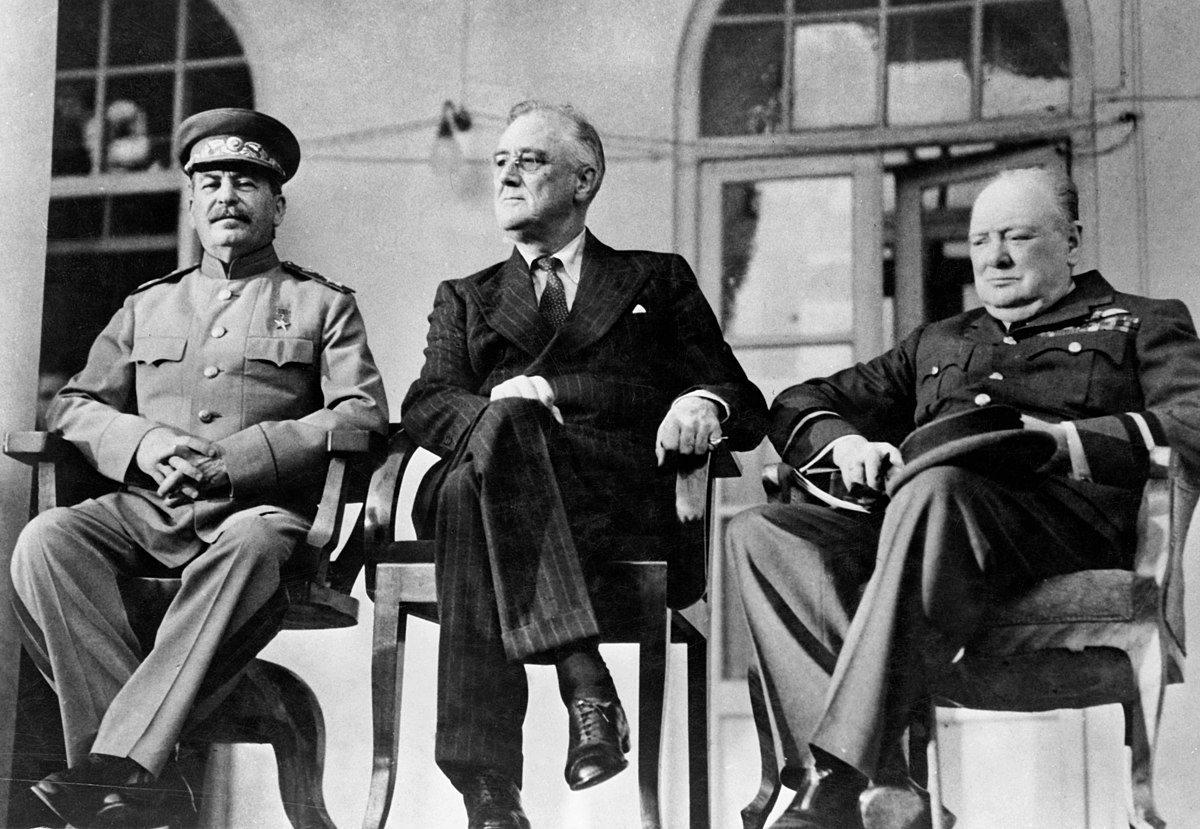The Great War which became WWI was a war to end all wars. Then came WWII in which the first atomic bombs fell. It was thought that fear of the atomic bomb might end conventional wars, but that proved wrong. What about now, though? Has conventional warfare with guns become ineffective in the face of drones and missiles and such? Does a border ever move?
I'm not a Historian, so I must say 'Sorry' for starting a debate here. I feel like I suddenly notice that in recent wars that borders don't seem to change unless land is ceded. We are seeing Russia send wave upon wave of soldiers, yet the lines change very little. In Yemen there is a standoff seemingly without end. North and South Korea. India and China. Nobody is winning? Do the guns and tanks still matter?
What does the future hold when it comes to gaining territory through land battles? I'm thinking perhaps robots will change the game, but I don't know. Maybe they'll have the opposite effect and keep land from changing hands. Maybe its not the technology though. Maybe its the political climate and the influence of the West which preserves borders.
I'm not a Historian, so I must say 'Sorry' for starting a debate here. I feel like I suddenly notice that in recent wars that borders don't seem to change unless land is ceded. We are seeing Russia send wave upon wave of soldiers, yet the lines change very little. In Yemen there is a standoff seemingly without end. North and South Korea. India and China. Nobody is winning? Do the guns and tanks still matter?
What does the future hold when it comes to gaining territory through land battles? I'm thinking perhaps robots will change the game, but I don't know. Maybe they'll have the opposite effect and keep land from changing hands. Maybe its not the technology though. Maybe its the political climate and the influence of the West which preserves borders.

